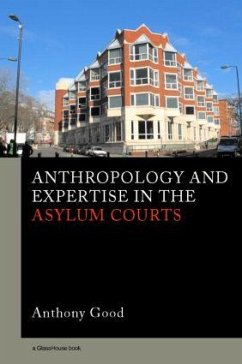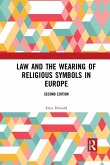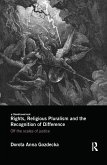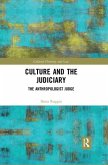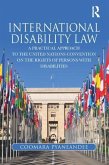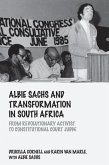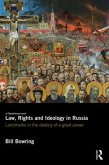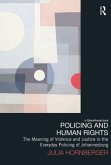Although asylum has generated unparalleled levels of public and political concern over the past decade, there has been astonishingly little field research on the topic. This is a study of the legal process of claiming asylum from an anthropological perspective, focusing on the role of expert evidence from 'country experts' such as anthropologists. It describes how such evidence is used in assessments of asylum claims by the Home Office and by adjudicators and tribunals hearing asylum appeals. It compares uses of social scientific and medical evidence in legal decision-making and analyzes, anthropologically, the legal uses of key concepts from the 1951 Refugee Convention, such as 'race', 'religion', and 'social group'. The evidence is drawn from field observation of more than 300 appeal hearings in London and Glasgow; from reported case law and from interviews with immigration adjudicators, tribunal chairs, barristers and solicitors, as well as expert witnesses.
Hinweis: Dieser Artikel kann nur an eine deutsche Lieferadresse ausgeliefert werden.
Hinweis: Dieser Artikel kann nur an eine deutsche Lieferadresse ausgeliefert werden.

